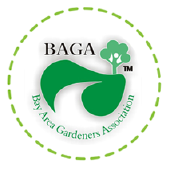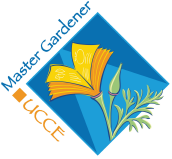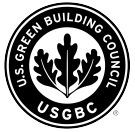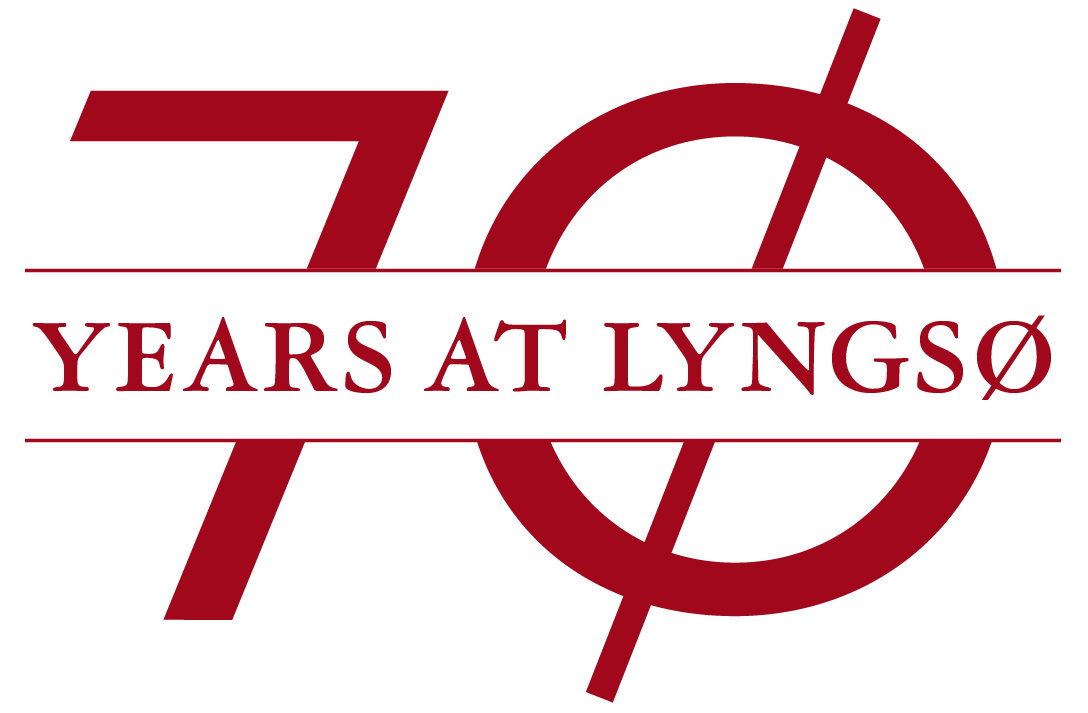Are you dreaming of starting a fruit garden but don’t know where to begin? In this article, we’ll cover how to start a fruit garden in your backyard, including the best fruit trees, layout, and fruit garden planning for your Californian property.
Starting a fruit garden can initially feel overwhelming, but the benefits are numerous. Whether you’re a seasoned gardener or a beginner looking to enhance your outdoor space, grow delicious fruits, and reduce your carbon footprint, this guide is for you.
Is It Possible for Fruits to Grow in a Backyard Garden?
Yes, fruit trees can not only grow but thrive in backyard gardens. Many fruits grow exceptionally well in home gardens, including apples, strawberries, raspberries, peaches, and avocados.
The key to creating such a successful fruit garden in your Californian property lies in selecting the right plants for your area’s microclimate as well as planting them in the most suitable location in your backyard. Remember that the quality of your soil and the amount of sunlight and drainage all play a crucial role.
How to Plan Your Backyard Fruit Garden
Selecting the Location
Choosing the right location within your backyard to start your fruit garden is a key factor for the success of your project. Start by determining how much space you have available. Consider the size of your yard, the amount of sunlight and shade available, and any existing structures or landscaping that may impact the placement of your fruit trees. This will help you determine the appropriate size for your garden and what type of fruit trees and bushes it can support.
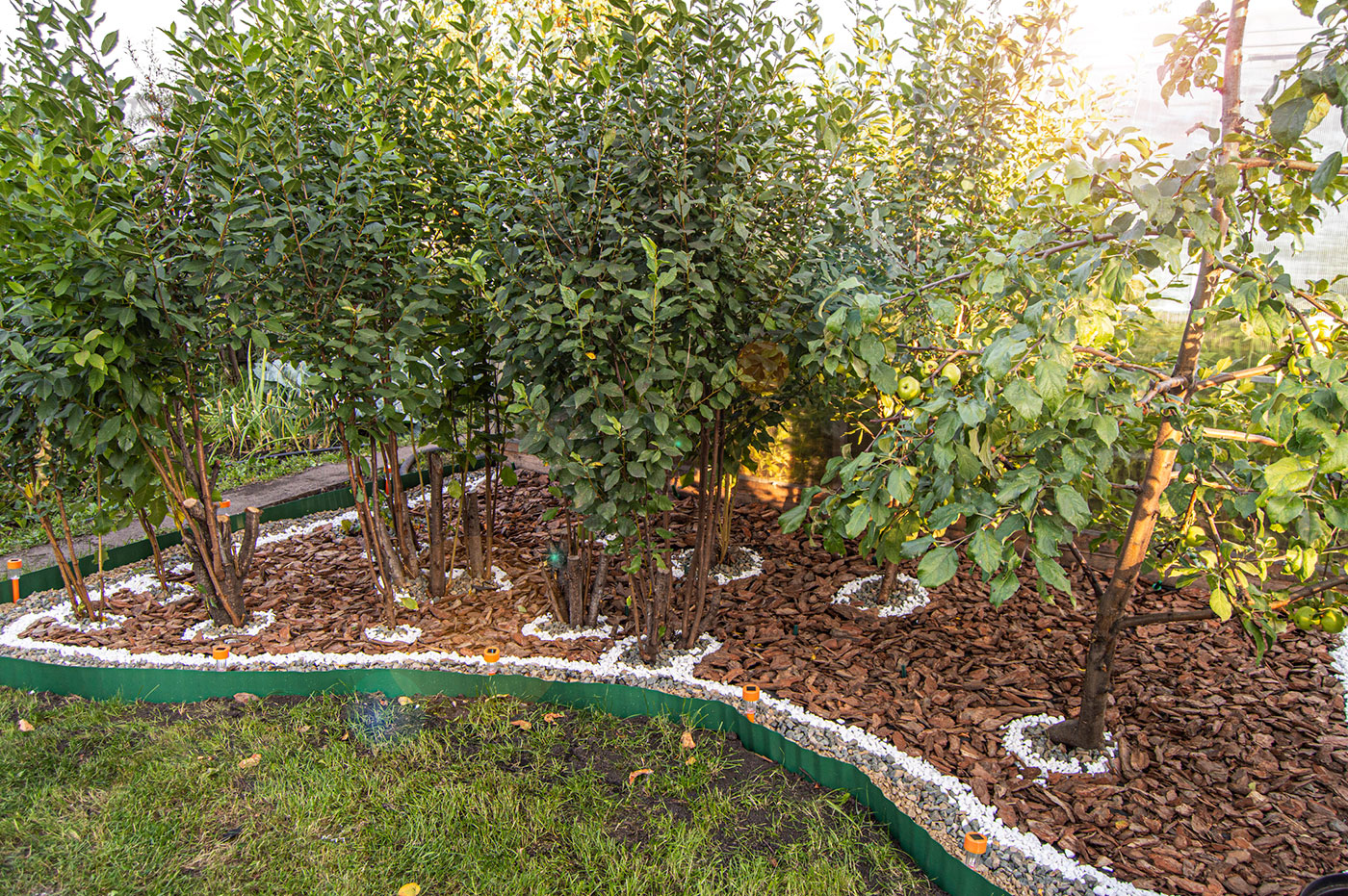
Choosing the Most Suitable Trees for Your Californian Fruit Garden
Choosing the most suitable trees for your backyard fruit garden requires careful consideration of several factors. Much of California has a Mediterranean-like climate with warm, dry summers and mild, wet winters.
These conditions are excellent for growing various fruits, including citrus, avocados, peaches, plums, and figs. Moreover, because of California’s warm climate, fruit trees can typically tolerate some shade. However, you should ensure that trees that require significant sunlight (e.g., peach trees) are planted in an area that receives at least 6 hours of daylight, even during winter.
For areas in your backyard that receive less than the optimal amount of sunlight, consider growing fruit plants that prefer shade in hot climates. An excellent example is passion fruit, a fruit vine that can still grow well in the shade and even prefers it in the hot Californian climate.
One final consideration is choosing fruit trees appropriate for your backyard size. Dwarf and semi-dwarf fruit trees are ideal for small backyards, as they take up less space. Large Mediterranean orchard trees such as oranges, pomegranates, and apricots are always a fantastic choice for larger areas. For narrow spaces with ample light, try an espalier fruit tree!
Creating the Ideal Soil Conditions
Fruit trees grow best in well-draining, fertile soil. Therefore, evaluating the soil in your backyard is crucial to ensure it’s suitable for starting a fruit garden. An excellent way to do this is to conduct a soil test. This will help you determine your backyard soil’s pH level and nutrient content and decide on potential improvements.
Ideally, we recommend using sandy loam soil that is granular and porous, enabling good water and air movement while retaining an adequate amount of moisture. Moreover, its slightly acidic pH value is preferred as it supports fruit trees to absorb nutrients more effectively.
However, don’t feel discouraged if your soil conditions are not ideal. There are several ways to improve it and create the perfect growing conditions for your fruit garden by using soil amendments.
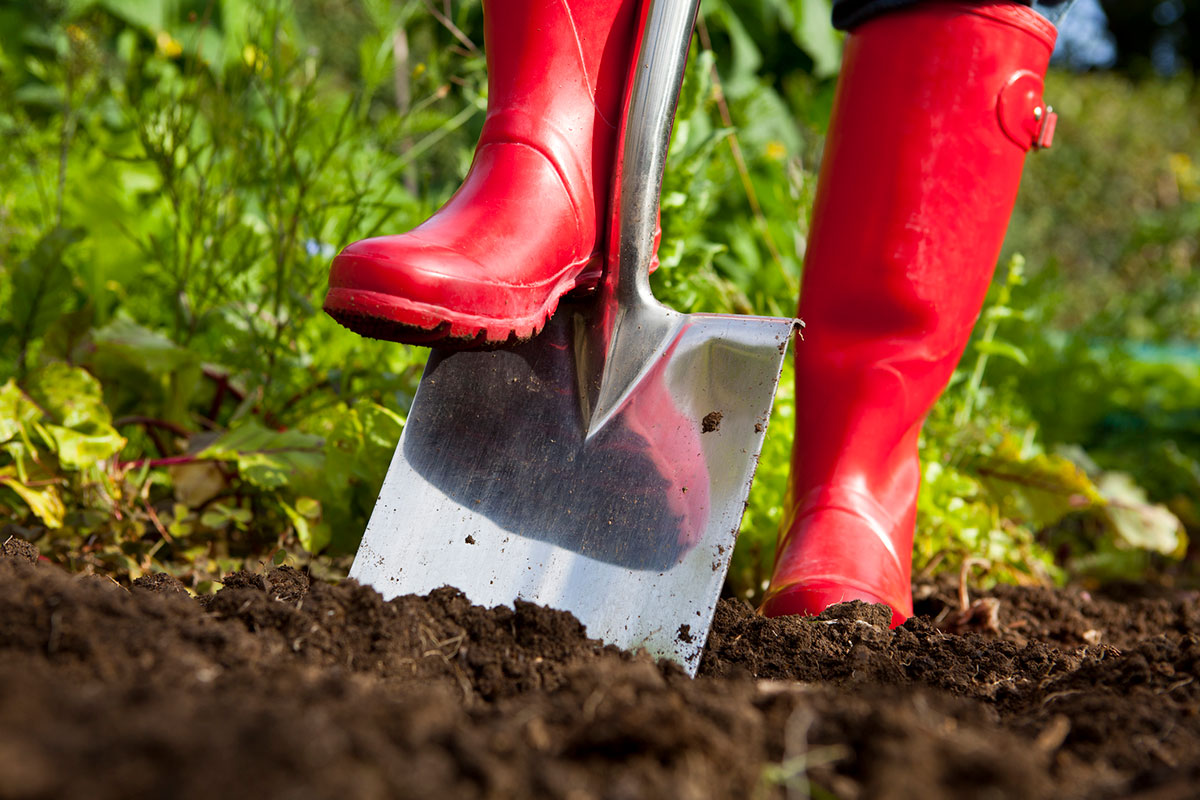
How to Amend Californian Soil for Your backyard Fruit Garden
Most soils in California are a mixture of weathered rock, volcanic ash, and plant residues. Therefore, depending on your property’s location, your soil can be sandy, loamy, or claylike.
Fruit trees are not suitable for sandy soils because such soils tend to have excessive drainage, which deprives the soil of its nutrients. Claylike soils are also problematic because their small particles retain excessive moisture, while the high alkalinity of the soil blocks nutrient uptake.
Thankfully there is an easy way to improve both these soil types by adding organic matter, such as compost. Compost increases the capacity to hold water in sandy soils and enhances drainage in heavy clay soils, creating more suitable conditions for fruit tree growth. Moreover, it attracts earthworms that help aerate the soil and beneficial microbiology that helps convert the material into molecules and elements that fruit plants can absorb.
We can recommend several excellent options if you’re looking for top-quality compost for your fruit garden. Diestel Structured Compost is sourced from the family’s turkey ranch and contains composted turkey manure and forest trimmings. Seacoast Biodynamic Compost offers a premium, Biodynamic® blend of seafood leftovers, alder hardwood, and cow manure and bedding, all mixed with homeopathic preparations to enhance plant growth. Fruit Tree 6-2-4 by Down To Earth provides essential nutrients plus added calcium for fruit development, making it an ideal choice for all fruit varieties. Lastly, Bu’s Compost Tea for Fruits, Vegetables & Tomatoes by Malibu Compost is a 100% organic compost tea that supports healthy soil and robust plant growth.
However, applying compost may not be enough without mulching. Adding mulch after using compost is a crucial step in retaining moisture in the soil, which is essential for the growth and health of fruit trees. Mulch creates a protective layer over the compost, preventing it from being washed away. Using mulch, you can maximize the benefits of your compost and promote healthy fruit tree growth, whether in sandy or heavy clay soil.
Final Thoughts
Starting a backyard fruit garden can be an extremely enjoyable project. There’s something about growing fresh fruit right in your own backyard that makes it a highly gratifying experience for people of all ages. With a variety of tools and soil amendments available by Lyngso, you can create the perfect soil conditions for your fruit garden to thrive. Remember that you can visit our large showroom and landscaping yard in San Carlos for more ideas, and contact us today to learn about delivery options for your SF Bay area home.








